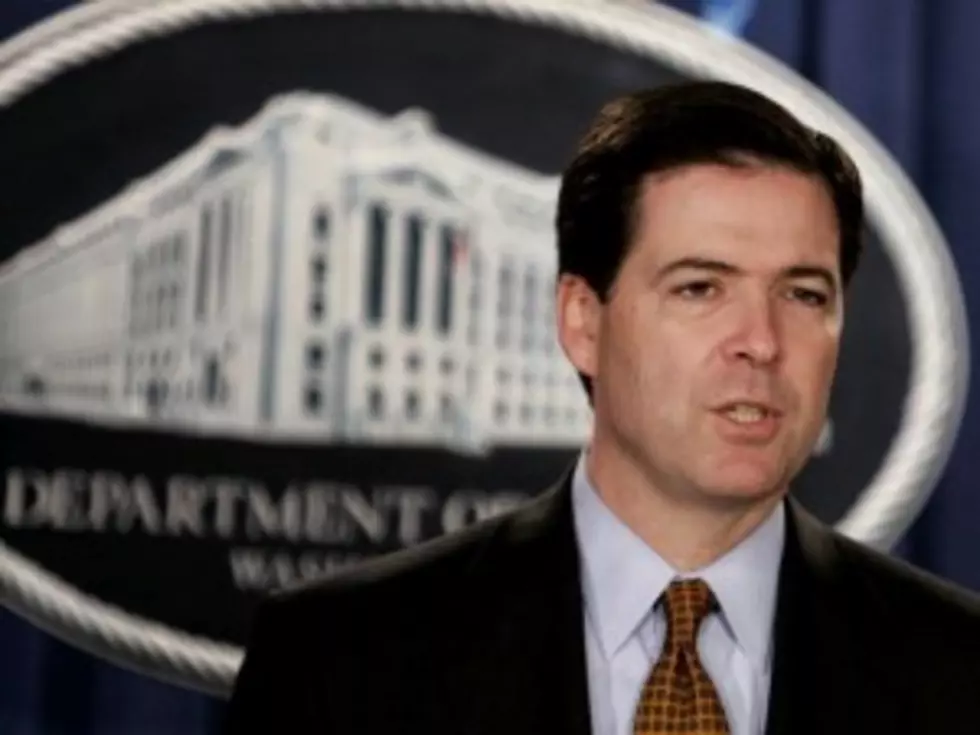
Congress Passes Bill to Keep Highway Aid Flowing
The House passed a stopgap three-month bill Thursday to keep federal highway and transit aid flowing and avoid a widespread shutdown of construction projects. The move pushes congressional action on a long-term overhaul of transportation programs deeper into an already fractious election year.
The action came on a mostly party-line vote of 266 to 158 after Republicans and Democrats traded verbal jabs over how best to prevent economic disruption.
That sent the bill to the Senate, which must pass the same measure before Saturday, when the government's authority to spend money on transportation programs and levy federal fuel taxes expires. The House planned to begin a two-week recess later Thursday, leaving senators with few other options.
Without action, Democrats estimate that as many as 1.8 million construction-related jobs would be at risk just as states are gearing up for the spring and summer construction season. The government could also lose about $110 million a day in uncollected gas and diesel taxes.
The vote capped an on-again, off-again struggle by House GOP leaders to pass their own five-year transportation plan. They were forced to abandon plans to bring the bill to the floor last month because of divisions in their own ranks. Opting instead for a short-term extension, they repeatedly canceled votes on first a three-month and then a two-month extension this week before deciding to put the three-month bill to a vote on Thursday.
Democrats chided Republicans for being unable to marshal votes to pass their own long-term plan while refusing to permit a vote on a $109 billon Senate plan supported by all the chamber's Democrats and about half the Republicans.
"Give us that vote. What are you afraid of? You afraid it might pass?" Rep. Peter DeFazio, D-Ore, asked during House debate on the extension. "We have an alternative -- pass the Senate bill."
House and Senate Democrats and the Obama administration have kept up a daily drumbeat over the past two weeks urging Republicans to pass the Senate bill.
"As soon as the House gets back to work, they should do their part and pass that bill in similarly bipartisan fashion," the White House said in a statement after the House vote.
But House Transportation and Infrastructure Chairman John Mica, R-Fla., pointed out that Democrats weren't even able to get committee approval of a long-term transportation bill when they controlled the House prior to the 2010 election, opting instead for a series of short-term extensions.
"We are here to pass a responsible extension so that people across America can go to work, so that we can finish a long-term extension bill," Mica said.
Last fall, House Speaker John Boehner, R-Ohio, pitched a long-term transportation plan tied to expanded offshore oil drilling and other domestic energy production as the centerpiece of a GOP jobs agenda. But the bill has instead become one of Republicans' biggest legislative headaches.
The five-year bill crafted by Republicans was unacceptable to tea-party conservatives, who say it should be paid for entirely by user fees such as federal gas and diesel taxes, even though revenue from those taxes isn't enough to cover current transportation spending. Conservatives also would like to see the federal transportation role dramatically reduced, with states picking up those responsibilities. Moderate Republicans from suburban districts don't want transportation spending cut and have complained about the bill's treatment of transit programs.
Boehner has been unable to make up defections in his party's ranks with Democratic votes. Democrats say the measure penalizes union workers, as well as undermining environmental and safety protections. If Boehner were to tweak the bill enough to pick up Democratic votes, he risks losing even more Republicans.
House Republicans face the same problem with the Senate bill. If brought to a vote, the Senate bill would likely pass the House -- but with more Democratic than Republican votes, said Joshua Schank, president of the Eno Transportation Center, a transportation think tank.
That would undermine Boehner's support among House Republicans in an already difficult election year in which GOP control of the House may be in danger, he said.
Sen. Barbara Boxer, D-Calif., co-author of the Senate bill, said Democrats would try to attach the Senate bill to the House-passed extension Thursday afternoon. If they are successful, that would require further action by the House.
(Copyright 2012 by The Associated Press. All Rights Reserved.)
More From New Jersey 101.5 FM

![Grilling Gone Wrong – Top 5 BBQ Fails [NSFW- Language]](http://townsquare.media/site/385/files/2012/05/BBQ-Fail1.png?w=980&q=75)

![9/11/2001: On The Air [AUDIO]](http://townsquare.media/site/385/files/2012/02/1161079.jpg?w=980&q=75)





